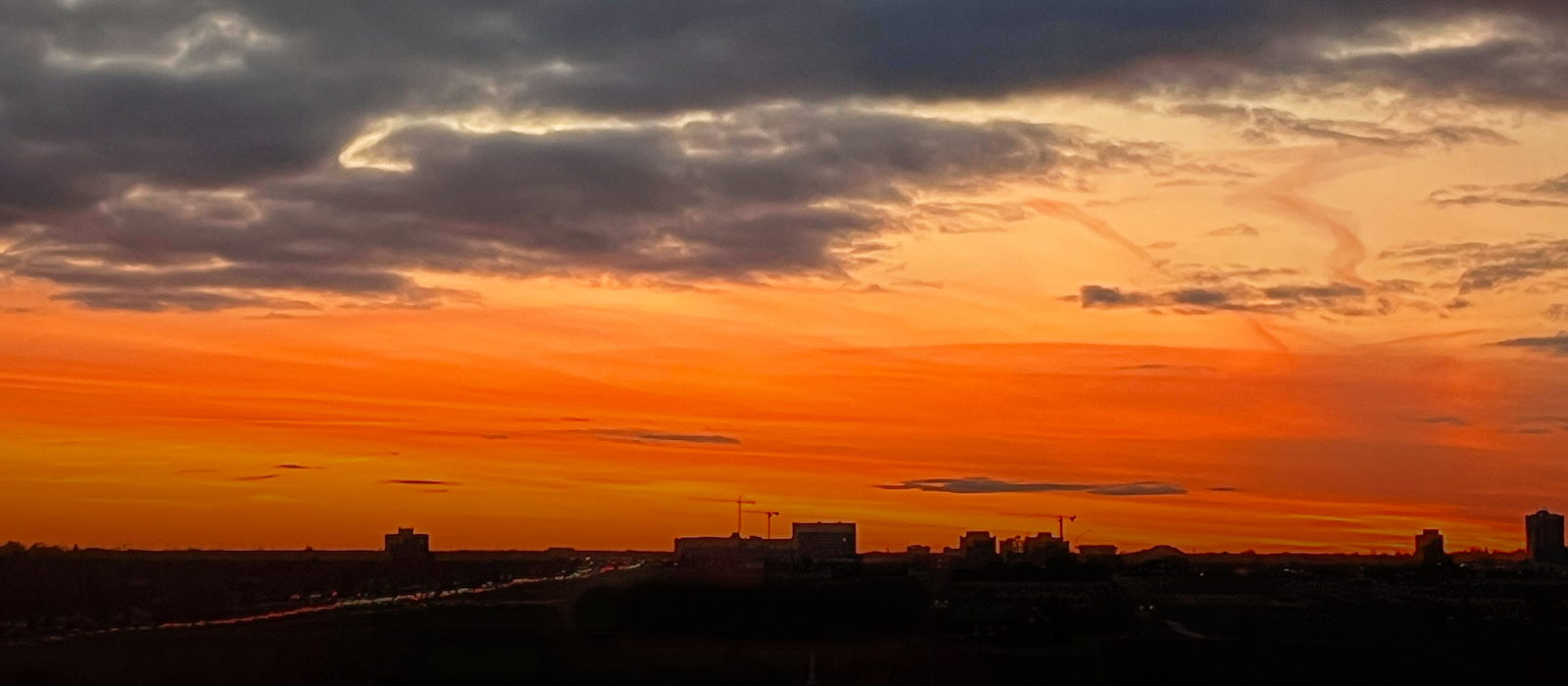Canada Today
Canada’s place in the world is rapidly evolving in the face of increasing turmoil at home and abroad. Though Prime Minister Wilfrid Laurier’s bold prediction of Canadian leadership in the 20th Century has not come true, Canada may well become the international political and economic dynamo that Laurier foretold; a land of equality and opportunity for those coming from troubled places around the world.
Today, however, Canada’s economic productivity and competitiveness are challenged on a number of fronts, including internal barriers to trade and rising global protectionism. An obsession with domestic security from our neighbour to the South detracts from our own leaders’ capacity to achieve economic growth through immigration and trade. At the same time, Canada’s domestic politics are increasingly sensitized to global issues as our factionalised provincial and federal leaders confront seismic shifts in world politics that pull the country in different directions.
No better evidence of that relationship can be found than allegations of foreign interference in our electoral system. The crisis has become so deeply politicised that members of our Chinese community including many notable politicians have been wrongly accused of being spies for China. At risk are people’s democratic rights and personal safety.
This is a recurring theme. During the Second World War, the Canadian government uprooted and dispossessed 23,000 Japanese Canadians because some people accused them of being spies or a fifth column for Japan, allegations that proved to be unfounded. Similar accusations wrecked the reputations of distinguished Canadians such as Carleton University professor Maher Arar and diplomat Herbert Norman.
2023 is the 100th anniversary of the Chinese Exclusion Act. The Chinese Exclusion Act was one of many discriminatory measures arising from a white backlash against the growing assertiveness of Indigenous, Asian Canadian, and Black communities in the 1914-1923 period. It is important to relate this past to the present. Although times have changed, there are significant similarities to what is happening today in Canada.
In brief, Canada stands at a crossroads. Before it lay very distinct paths not unlike those that confronted Prime Minister Laurier more than a century ago. The changing global order represents an important opportunity for Canada to demonstrate leadership in the world. To achieve that goal means critically reflecting on the key principles that drive this country forward and remembering that engaging in the global economy can often mean disruptive but positive change. For example, an indigenized foreign policy represents an opportunity for Canada to show leadership on the world stage As Indigenous self-determination is becoming an increasingly important element in Canada’s policy making domestically so too should that be reflected internationally.
Indeed Canada’s multilateral agenda of supporting human rights abroad is in tatters and needs fixing. Part of that weakening has arisen from America circumventing or undermining the Bretton Woods institutions it helped create after World War II (such as the US invasion of Iraq in 2004). Part of that weakening is our own hypocrisy in selecting where, when, and how we choose to advance human rights abroad while failing to uphold such rights at home.
With the decline in US influence, there is a concomitant increase in conflicts around the world stemming from geopolitical rivalries, struggles over freedom of expression, challenges to ineffective governments, democratic backsliding, and mounting economic inequality at home and abroad. Canada’s current leaders are still at a loss on how to develop a coherent strategy to “kick-start” multilateral renewal to address shared global problems such as rising inequality, climate change, and pandemics.
Our shared humanity has never been more at risk. Yet a solution to weakened global governance remains elusive.
Where Do You Fit In?
Never has there been a greater need for Canadian Studies. Is our School up to the challenge? We often proclaim the world needs more Canada, then complain when we learn the world does not know enough about us. Perhaps, it is because the world does not recognize “us” and how we have changed over the last 30 years.
On the one hand, the School is fundamental to achieving Carleton’s University’s objectives of enhancing the political, economic, social, historical, and cultural literacy of Canada within an increasingly diverse student body.
On the other hand, there is a need to reverse Canada’s inward-looking parochialism. Canada’s presumed strengths, such as our diversity, our economy, our liberal democratic values, and our respect for the rule of law, all face challenges. Essential questions that we must consider are: What is Canada? Who are we? What is our place in the world? Does the past portend Canada’s future?
The School provides many answers to these questions. Indeed, the strengths of the School are numerous. Demonstrated faculty expertise in problem-based interdisciplinary teaching and research have proven to be essential components of the School’s consolidation, growth, and reputation.
The School has research excellence in geography, Quebec studies, history, media, languages, culture, heritage, gender architecture, politics, and the arts. This interdisciplinarity, breadth, and depth implies the School is not bounded. Its students have a reputation for excellence. The School has the only doctoral program of its kind in Canada.
Indeed, it is vital we bring to our students a better understanding of citizenship, justice, democracy, sovereignty, law, foreign policy, economics, and the environment. In brief, Canadian Studies has a purpose for students who live and work here as well as for international students, scholars, and policy makers.
Looking ahead, Canada’s strongest resource in weathering these formidable challenges will undoubtedly be students like you. History has shown over time a myriad of diverse groups have been able to work within our society to affect positive change. They often have a much stronger impact on the politics of this country than otherwise would have been possible.

Dr. David Carment
